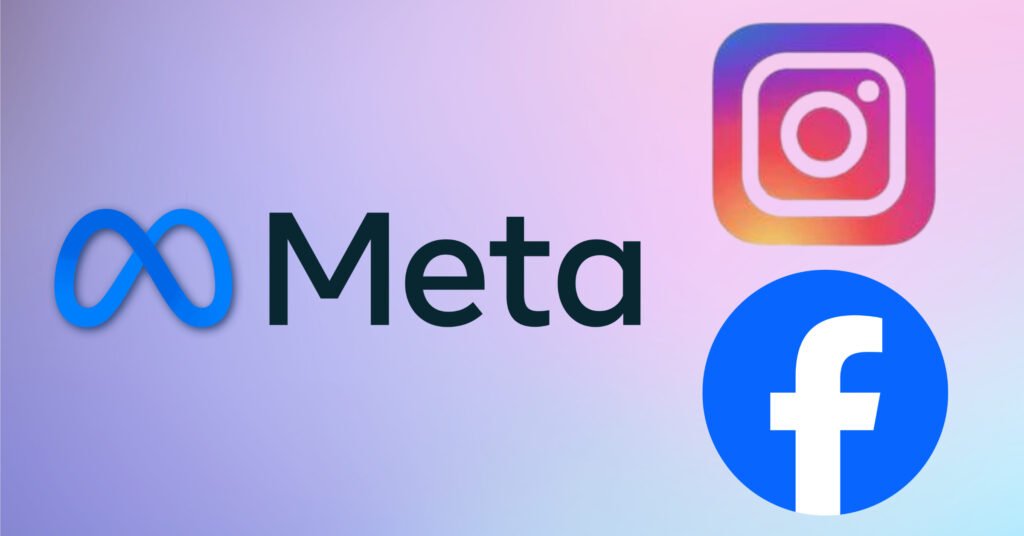
Meta, previously Facebook Inc., is introducing ad-free subscription plans for Facebook and Instagram in Europe. This strategic move signifies a notable change in Meta’s revenue approach, offering users an uninterrupted browsing experience while diversifying from its conventional ad-based model.
Meta’s unveiling of an ad-free subscription model for its platforms underscores a pivotal shift in its monetization tactics. Beyond the typical ad-revenue framework, the tech giant is now channeling efforts towards broader revenue avenues. This adaptation is not just a business strategy; it’s a direct nod to users’ increasing calls for a more streamlined and undistracted social media journey. As digital consumer expectations evolve, Meta’s subscription initiative showcases its commitment to both diversify its income sources and elevate user experience, aligning the company with the contemporary demands of its vast user base.
Meta Platforms, previously known as Facebook Inc., is taking a significant step to align with European Union regulations by rolling out subscription plans for its flagship platforms, Facebook and Instagram. Users in the European Union, European Economic Area, and Switzerland can now opt for these subscriptions to enjoy an ad-free experience.
EU’s strict data privacy regulations limit Meta’s capacity to tailor ads for users without explicit consent, potentially threatening its primary revenue. In response, Meta’s introduction of an ad-free subscription in Europe cleverly navigates this challenge. By offering users the choice of a free version with ads or a paid ad-free experience, Meta ensures compliance with EU standards without drastically undermining its ad revenue. This strategic move highlights Meta’s adaptive approach to regulatory changes while prioritizing user preferences.
Under increasing antitrust scrutiny from the EU, Meta recently faced a legal setback against a German data protection directive and was slapped with a hefty 390 million euro penalty by Ireland’s Data Privacy Commissioner. The crux of the issue revolved around the company’s practice of targeting ads to users based on their online behavior without a valid legal contract. Adapting to these regulatory challenges and aiming to align with the evolving EU data protection landscape, Meta has now charted a new course. The tech giant has declared that it will actively solicit user consent within the EU before green-lighting businesses to dispatch targeted advertisements. This strategic pivot underscores Meta’s commitment to adhering to regional regulatory demands while also highlighting its flexibility in navigating a rapidly changing digital ecosystem.
Details of the Subscription
The subscription fee structure varies based on the device: web users are priced at 9.99 euros (equivalent to $10.58) monthly, whereas those accessing via iOS and Android platforms will face a slightly higher charge of 12.99 euros per month. This move not only positions Meta to better comply with stringent EU digital privacy and advertising standards but also reflects the company’s adaptability in responding to the diverse regulatory landscapes and user preferences. As Meta seeks to find a balance between user experience and revenue streams, these new offerings may set a precedent for its operations in other regions.
Why Europe?
The decision to roll out the subscription plans initially in Europe might be influenced by the region’s stringent data protection and privacy regulations. The European Union’s General Data Protection Regulation (GDPR) has posed challenges for ad-based platforms, prompting them to find alternative revenue sources while still complying with the regulations.
Additionally, Europe has a significant user base for both Facebook and Instagram, making it an ideal location for testing the waters before potentially introducing the model to other global markets.
Potential Impacts
Analysts predict that this move could reshape the digital advertising landscape. If the subscription model proves popular, it could result in a decrease in ad impressions, which might affect the cost and efficiency of advertising on these platforms.
Analysts predict that this move could reshape the digital advertising landscape. If the subscription model proves popular, it could result in a decrease in ad impressions, which might affect the cost and efficiency of advertising on these platforms.
Meta’s decision to introduce an ad-free subscription model for Facebook and Instagram in Europe showcases the company’s adaptability in the ever-evolving digital landscape. As users and regulators demand more control over their digital experiences and data, it remains to be seen how such a shift will influence the broader digital ecosystem.x




